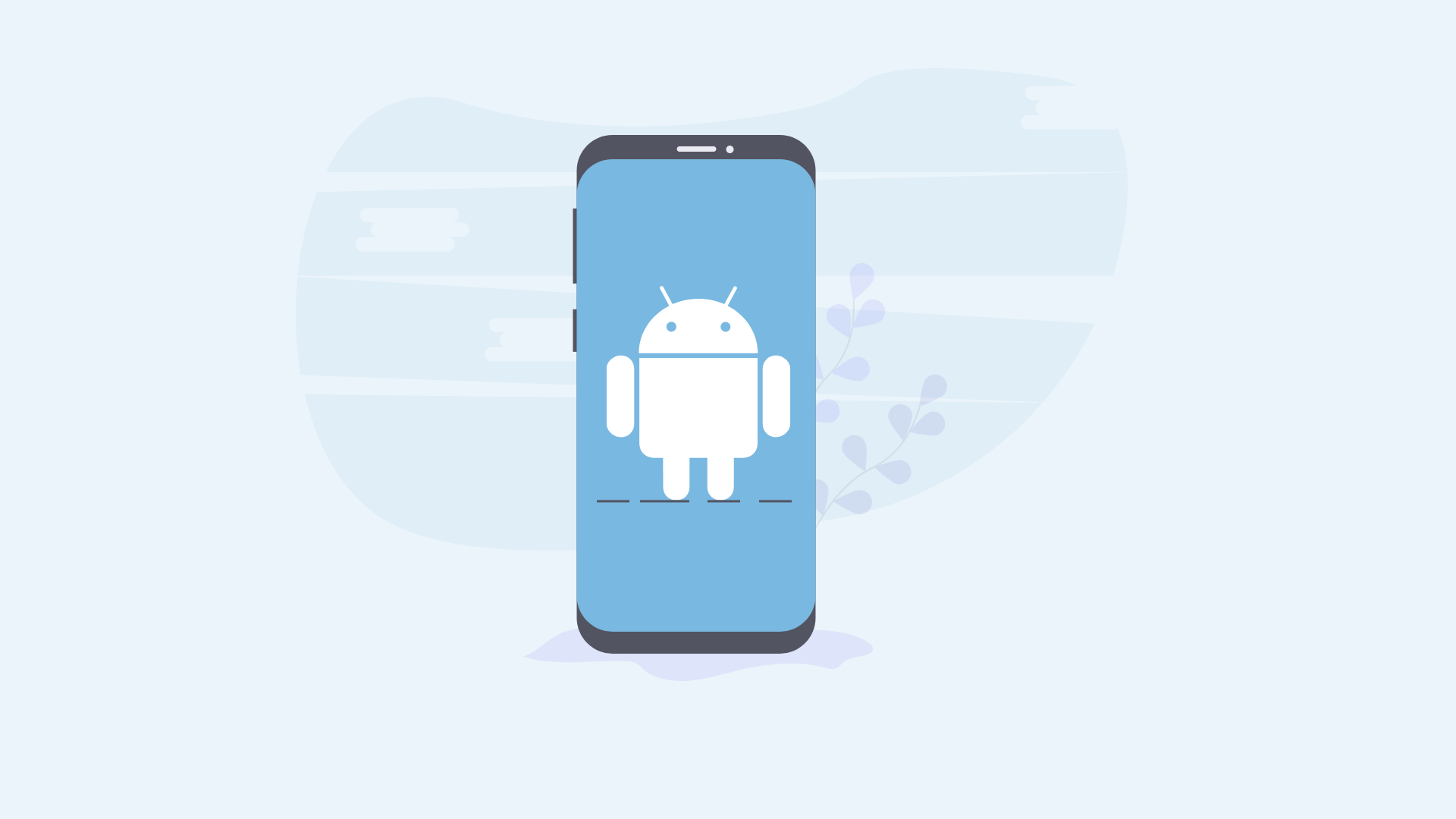
Best Android App Development Frameworks for 2024
10 min read
The Android app development landscape is ever-evolving, with new frameworks emerging to simplify and enhance the development process. Selecting the right framework is crucial for building efficient, scalable, and high-quality apps. In this article, we explore the best Android app development frameworks for 2024, highlighting their features, benefits, and why they might be the right choice for your next project.
1. Flutter
Overview: Developed by Google, Flutter is a popular open-source framework for building natively compiled applications for mobile, web, and desktop from a single codebase.
Key Features:
Hot Reload: Instantly see changes in the code without restarting the app.
Rich Widgets: Extensive library of pre-designed widgets for creating complex UIs.
Single Codebase: Write once, run anywhere capability.
Strong Community Support: Extensive documentation and active developer community.
Benefits:
High performance due to native compilation.
Beautiful and customizable UIs.
Fast development cycle.
2. React Native
Overview: Developed by Facebook, React Native allows developers to build mobile apps using JavaScript and React. It is widely used for cross-platform app development.
Key Features:
Reusable Components: Use the same components for both iOS and Android.
Live Reloading: Real-time updates during development.
Strong Ecosystem: Large number of libraries and plugins available.
Native Modules: Ability to write native code for specific functionalities..
Benefits:
Cost-effective and faster development.
Large community and extensive resources.
Performance close to native apps.
3. Kotlin Multiplatform Mobile (KMM)
Overview: Kotlin Multiplatform Mobile by JetBrains allows developers to use a single codebase for Android and iOS apps, sharing common logic across platforms while keeping platform-specific code.
Key Features:
Code Sharing: Share code between Android and iOS.
Interoperability: Seamless integration with existing Android code.
Strong Typing: Benefits of Kotlin's type-safe language features.
Benefits:
Reduces development time and effort.
Leverages Kotlin’s modern features.
High performance and native look and feel.
4. Xamarin
Overview: Owned by Microsoft, Xamarin is a framework for building Android, iOS, and Windows apps with .NET and C#.
Key Features:
Single Technology Stack: Use C# and .NET for all platforms.
Native Performance: Access to native APIs and performance.
Comprehensive Development Tools: Integrated with Visual Studio for a robust development environment.
Benefits:
Code sharing across platforms.
Strong support and integration with Microsoft tools.
High performance and native UI.
5. Ionic
Overview: Ionic is an open-source framework for building cross-platform mobile apps using web technologies like HTML, CSS, and JavaScript.
Key Features:
Web Technologies: Use familiar web technologies to build mobile apps.
Cross-Platform: Build for Android, iOS, and web with a single codebase.
Rich Library: Extensive library of UI components.
Integration: Easily integrate with Angular, React, and Vue.
Benefits:
Rapid development and prototyping.
Wide range of plugins and integrations.
Consistent and beautiful UI across platforms.
6. NativeScript
Overview: NativeScript allows developers to build native mobile apps using JavaScript, TypeScript, or Angular.
Key Features:
Native API Access: Direct access to native APIs without needing a bridge.
Cross-Platform: Write code once and deploy on both Android and iOS.
Flexible Framework: Supports JavaScript, TypeScript, Angular, and Vue.
Benefits:
True native performance and access to native functionalities.
Flexible language and framework options.
Active community and strong support.
7. Corona SDK (Solar2D)
Overview: Corona SDK, now known as Solar2D, is a cross-platform framework for building 2D mobile apps and games.
Key Features:
Lua Programming Language: Uses Lua for fast and easy development.
Extensive Plugin Support: Wide range of plugins available for different functionalities.
Cross-Platform: Develop for Android, iOS, and other platforms.
Benefits:
Rapid development and iteration.
Strong support for 2D game development.
Lightweight and efficient.
8. PhoneGap (Apache Cordova)
Overview: PhoneGap, also known as Apache Cordova, allows developers to build mobile apps using HTML, CSS, and JavaScript.
Key Features:
Web Technologies: Leverage web development skills for mobile apps.
Plugin Architecture: Extend app capabilities with a vast range of plugins.
Cross-Platform: Single codebase for Android and iOS.
Benefits:
Simple and quick to learn for web developers.
Extensive plugin ecosystem.
Cost-effective for cross-platform development.
9. jQuery Mobile)
Overview: jQuery Mobile is a touch-optimized framework for building mobile web apps using HTML5, jQuery, and CSS3.
Key Features:
Responsive UI: Adapts to different screen sizes and orientations.
Theming: Themeable design for a consistent look.
Cross-Platform: Compatible with a wide range of devices.
Benefits:
Easy to learn and use.
Consistent and responsive design.
Wide compatibility across devices.
10. Appcelerator Titanium
Overview: Appcelerator Titanium allows developers to build native mobile apps using JavaScript.
Key Features:
Native UI: Use native UI components for a true native experience.
Cross-Platform: Develop for Android, iOS, and other platforms with a single codebase.
Cloud Services: Built-in support for cloud services and APIs.
Benefits:
High performance with native components.
Extensive support for cloud and backend services.
Large community and support network.
Conclusion
Choosing the right Android app development framework depends on your specific project requirements, budget, and development expertise. Each of these frameworks offers unique features and advantages, making it essential to evaluate them based on your needs. Whether you're looking for native performance, cross-platform capabilities, or rapid development, there's a framework that can help you achieve your goals.
Please feel free to reach out to us if you have any questions or require a customized business solution.
 Back
Back
